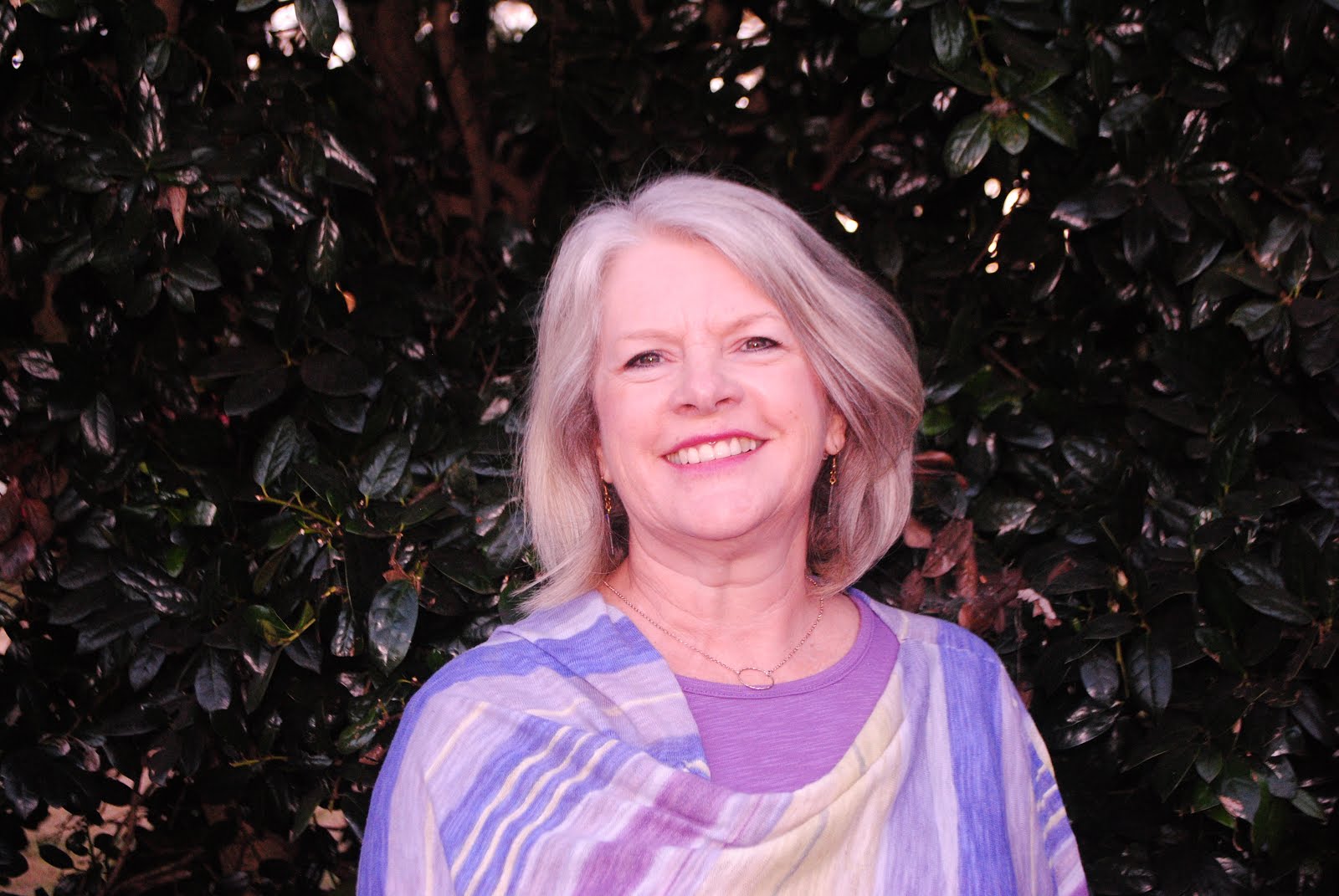When we moved states twenty years ago, I knew that certain relationship were crucial. I consider finding a good hair stylist more important than a good Ob/Gyn, for instance. My realtor became my first friend in North Carolina (and has continued as such). She steered me to the right eye doctor too. I had a few missteps (my own fault) before I ended up with a good dentist (one who actually practice that medical dictum, "First do no harm.)
I realize now that if I were to leave here, I would have to find a new book club. I've been a party of this particular book club for years now, and while the membership is always in flux, a couple of friends and I have been constants. We are different ages at different stages of life--some with pre-school children and others with grandchildren. What we have in common is enjoyment of the social aspects of reading: book talk.
The most difficult part of our particular group is that, while we try to maintain a consistent schedule, out lives don't lend themselves to regularity. We chose Adichie's novel Americanah in November (for discussion in December) after I attended a particular interesting and rousing session at the North Carolina Writers Network Conference in Charlotte in the fall.
(Though Adichie herself wasn't responsible, the session became particularly memorable when one man in the back rudely tried to make the speaker move along when she was responding to another attendee's questions. His time was obviously more valuable than anyone else's. The presenter gracefully cut him off. He left in a huff, and after a pregnant pause, the folks remaining in the room applauded the presenter. But I digress.)
Because of the hectic holiday season, we didn't actually meet to discuss the book until this week. Those of us who had read the book (and we all know some folks never quite finish) had to review before our discussion. I see this as a problem occasionally in my own classroom. The eager beaver students who read the supplementary novel on the syllabus the first week are far removed from that reading by the time we get to our class discussion. That's why I always recommend (1. keeping notes in some kind of reading journal--or all over the book, my personal preference); (2. brush up before the discussion date.
We had all done a little brushing up, although we often referred to the boyfriends of Ifemelu, the female protagonist, as "the rich white guy" or the African-American professor. All of us, though, were interested in the way Adichie, Nigerian herself, like her two main characters, dealt directly with issues of race in the United States--from the perspective of an Non-American Black.
Sometimes I am put off by plot devices--diary entries, letters--particulary when they are used inconsistently through a text. However, Adichie's device--Ifemelu's entries from her highly successful blog--are used brilliantly. She also manages to move back and forth, not only between present (as Ifemelu prepares to return to Nigeria after time in Princeton) and past but also between Ifemelu and her first love Obinze (whom she calls "Ceiling," a private joke between the two.)
The most gut-wrenching part of the tale occurs when Obinze gets to England (instead of American, the destination for which he longs) but overstays his visa. The frustration builds as he tries to find work and to evade deportation, with all those purporting to help him taking advantage of him and extorting money from him.
Adichie left me uncertain how Obinze eventually achieves success in his homeland, but throughout the novel, she implies that most wealth comes through help at high level and that it can be lost without warning, evidenced by Ifemelu's aunt who loses her home and lifestyle upon the death of "the General," the married man, who has supported her and fathers her son Dike. While the ending of the novel would play well at the cinema, I didn't find it as satisfying or tidy as it might appear--but in that way, Adichie provides much for discussion at book club!











